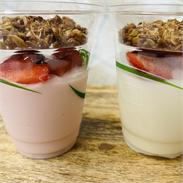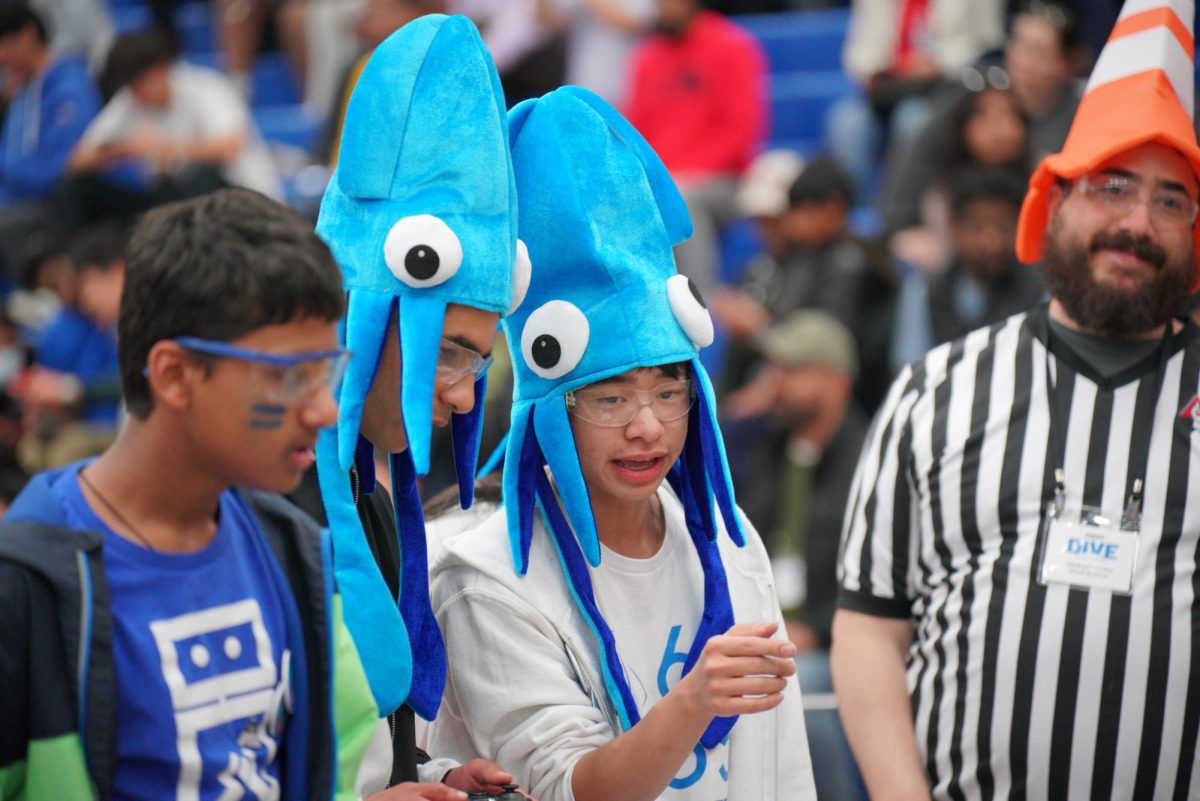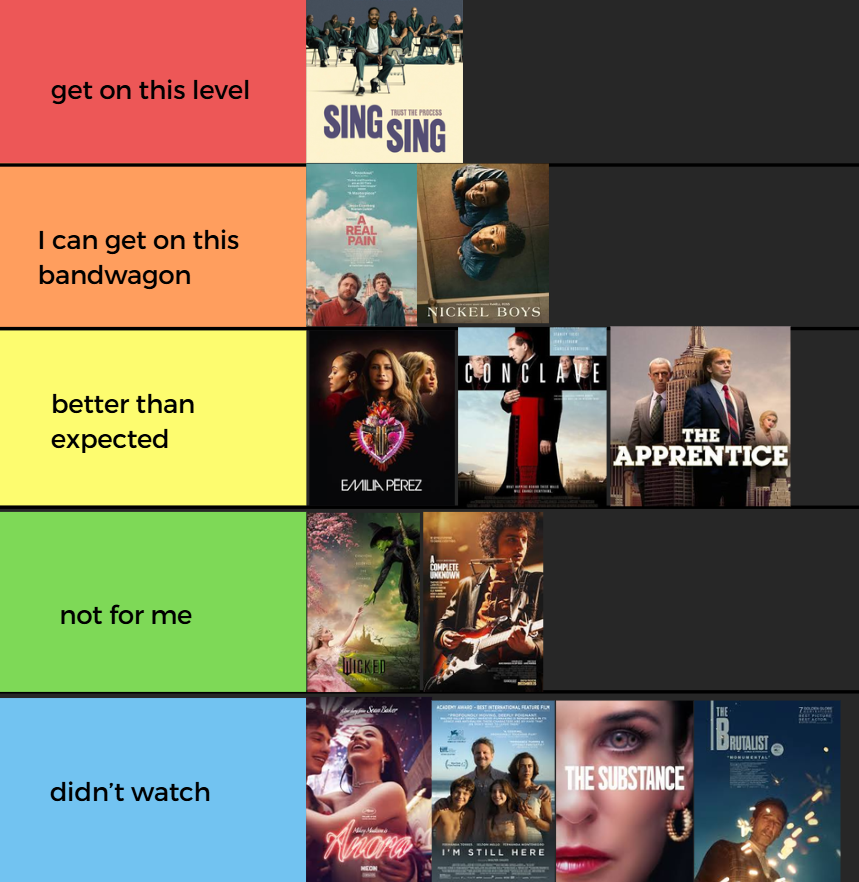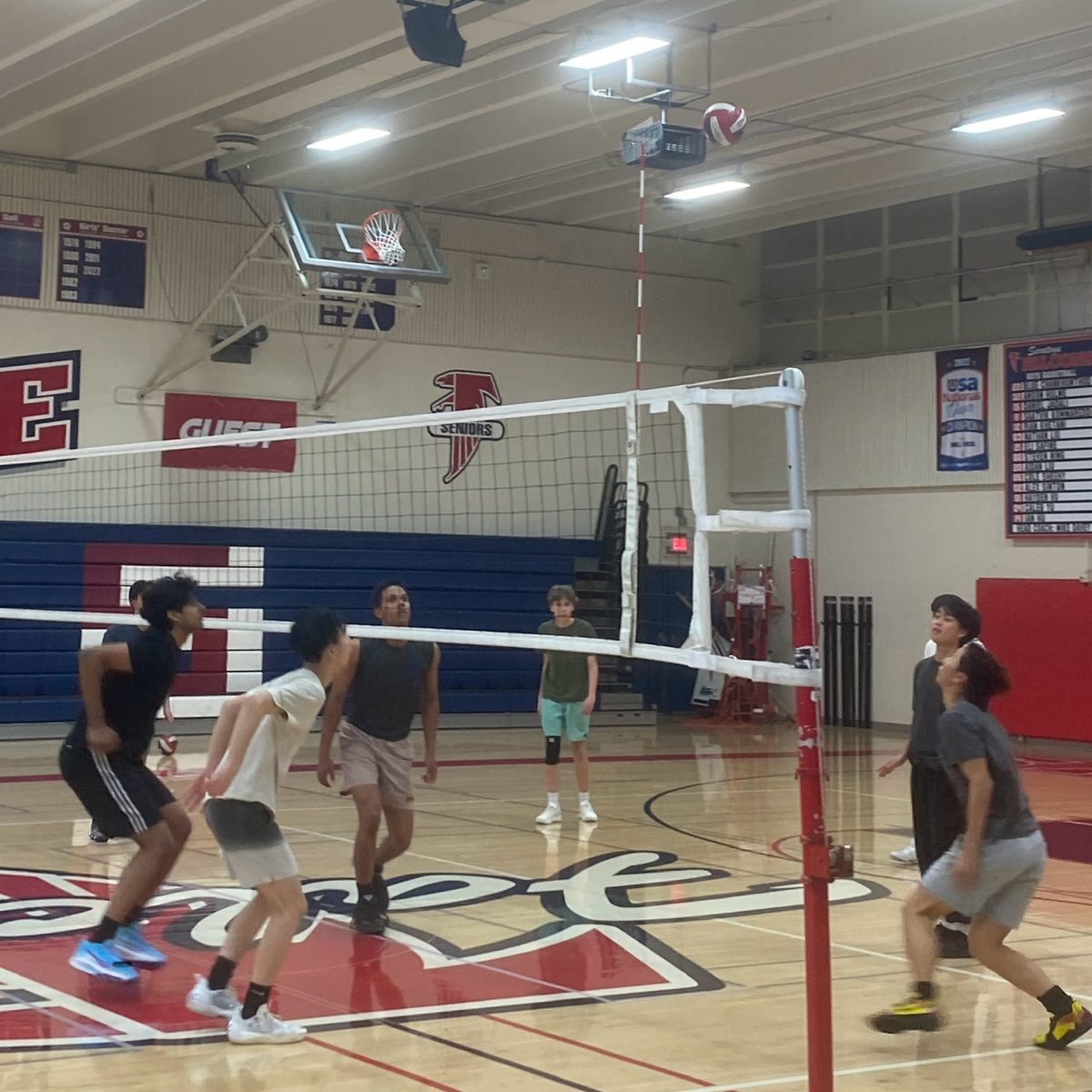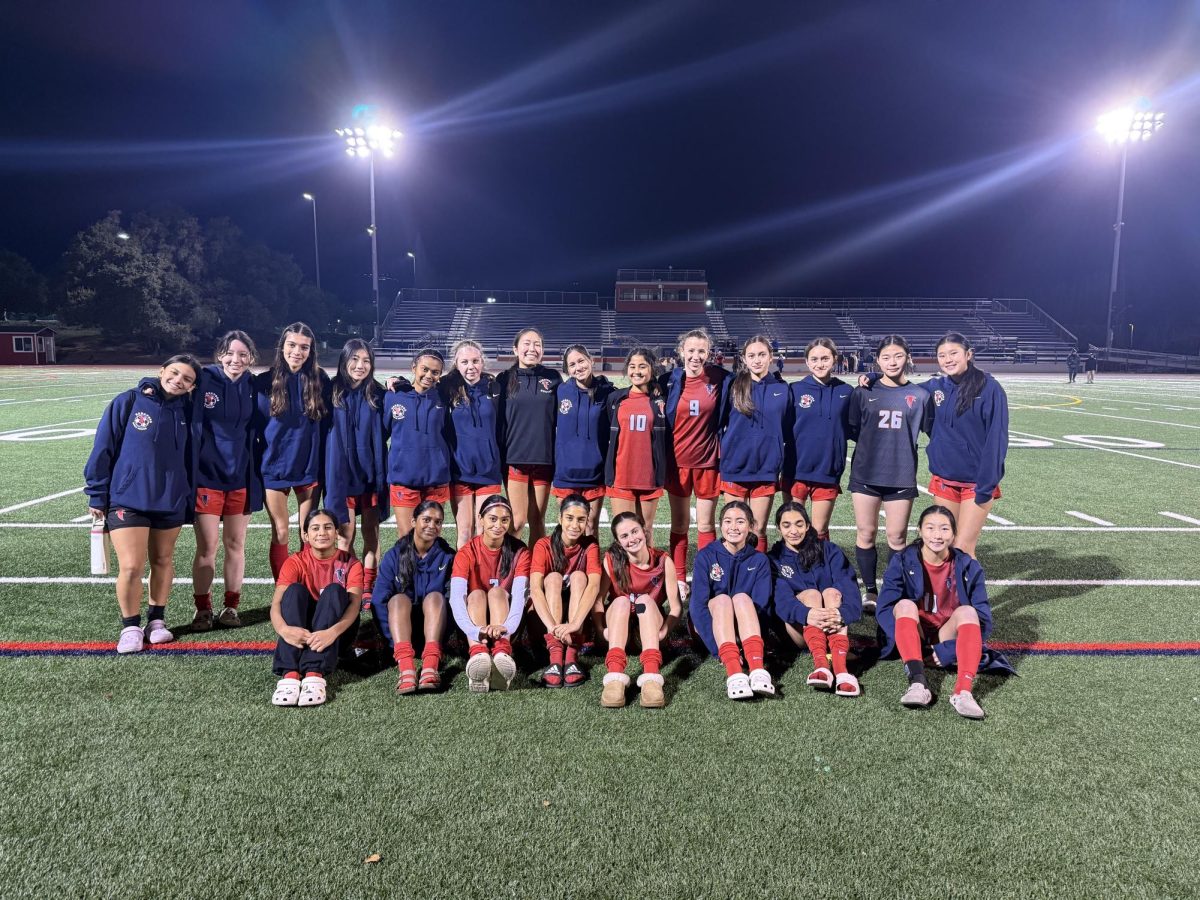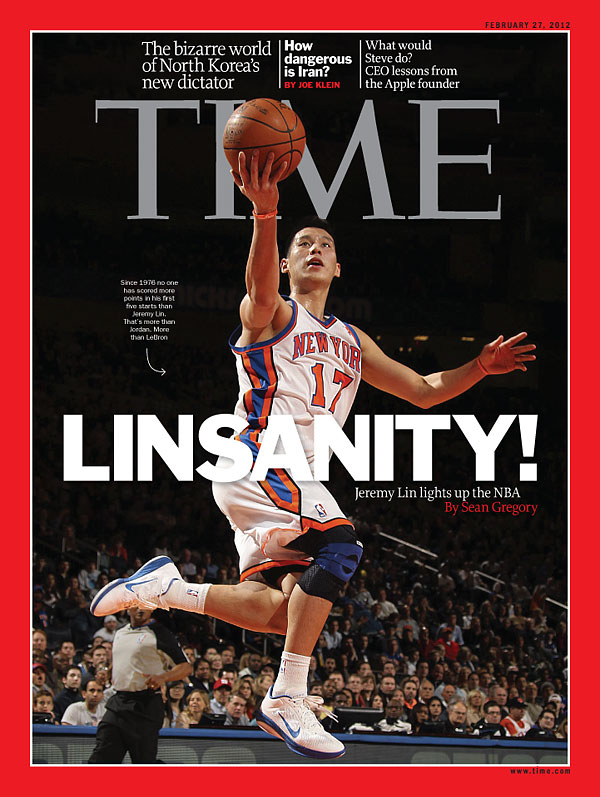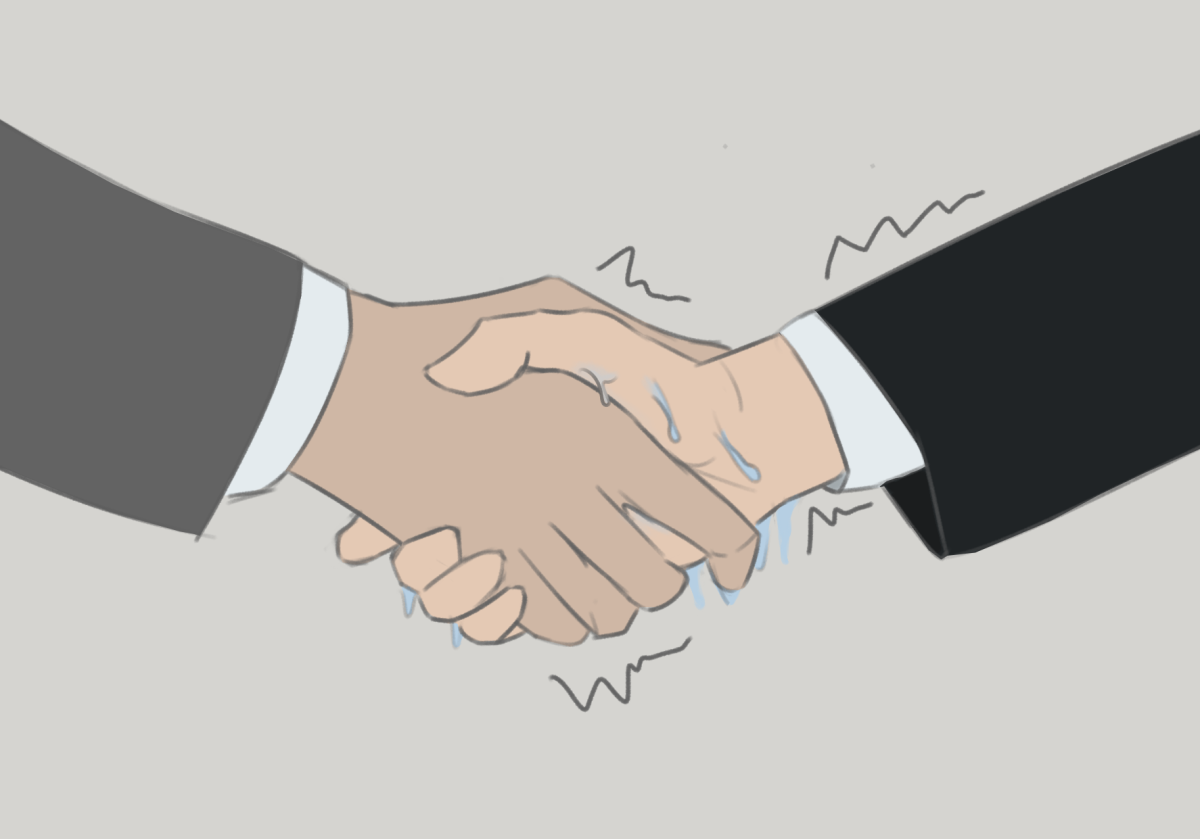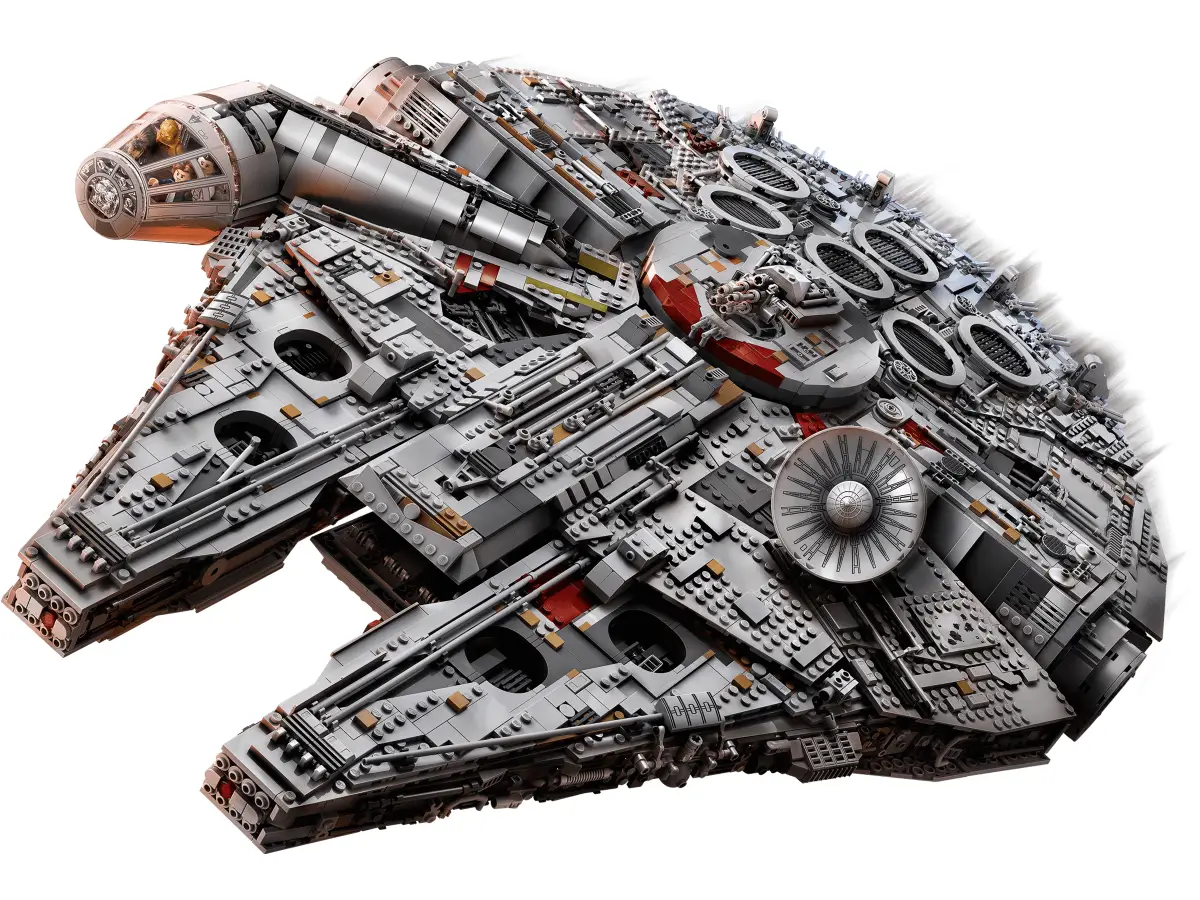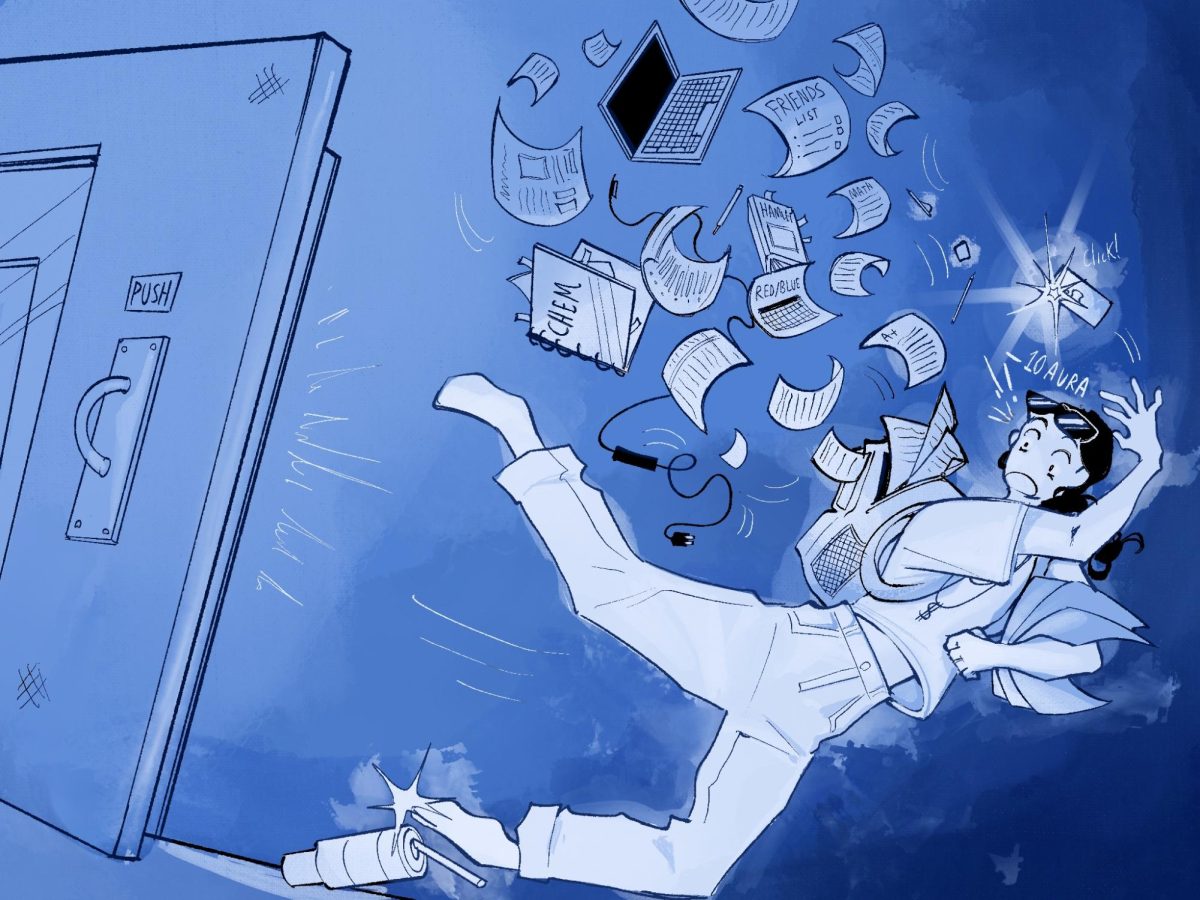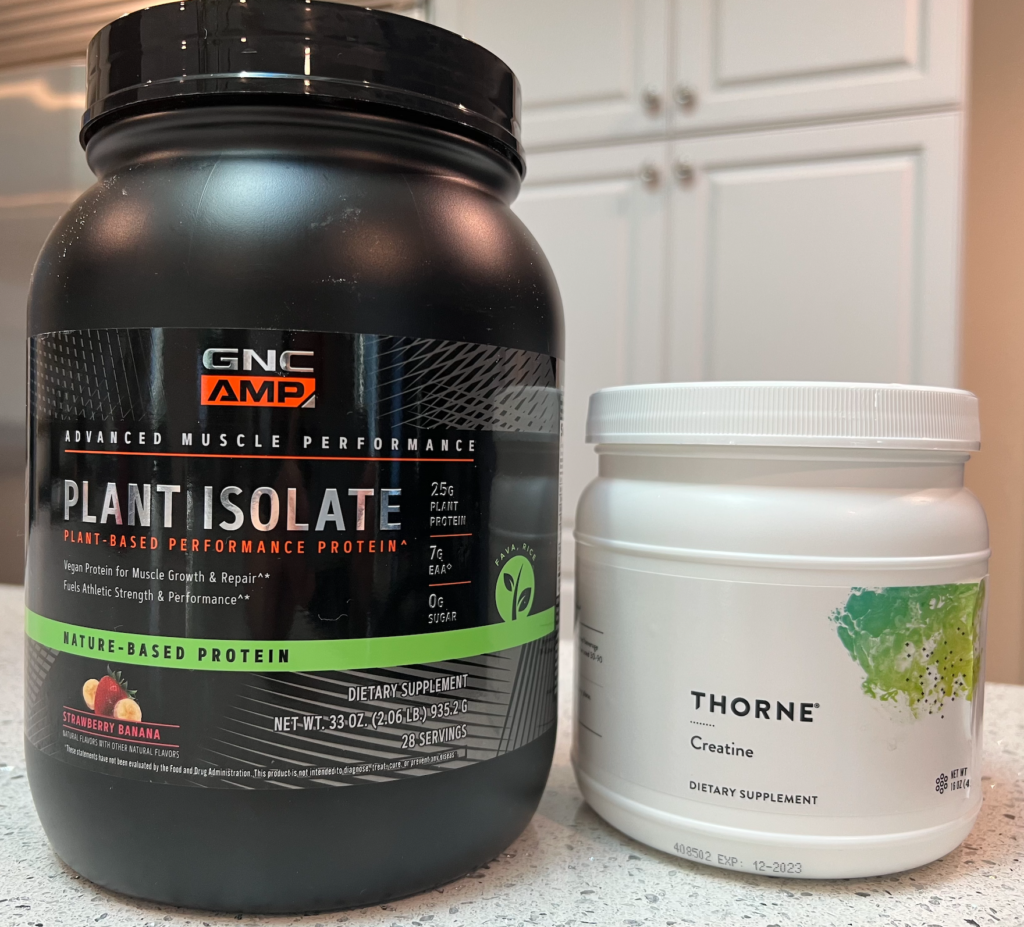Chicken. Rice. Broccoli. Repeat.
Contrary to popular opinion, an athlete’s diet doesn’t have to be a tortuous, agonizing journey of cycling through boatloads of bland, unseasoned food. Here are some tips to eating healthy, enjoyable meals that I’ve learned.
No. 1: Stay consistent.
Whether you’re maintaining a caloric surplus or deficit, it’s important to stick to your goals, regardless of how uncomfortable your nagging stomach feels. If you’re unsure about where to start, check out a maintenance calorie calculator (how many calories you need to maintain your weight), and add or subtract several hundred calories depending on your goals. MyFitnessPal is a great option for beginners; the app provides workout trackers and calorie counters to follow your dietary plans.
Of course, our cravings get the better of us sometimes; it happens. That’s why it’s important to find healthy alternatives to calorie-dense foods so you can satisfy your sweet tooth without completely abandoning your plans.
For example, if you’re ever craving a lollipop or popsicle, stick to fruits instead. Want ice cream or cake? Non-fat yogurt is a great high-protein option. There’s always a substitute out there, and eventually, you might even forget about those nasty, oily substances anyway.
No. 2: Drink water.
Water is probably the deciding factor in your diet. First and foremost, cut the soft drinks and juices — you’re literally swimming in a pool of sugary carbonation. A can of Coke has 140 calories, which can be the difference between losing and gaining weight.
I’ve learned to always carry a bottle of water with me throughout the day. When you’re feeling the slightest bit dehydrated, take a quick sip. You won’t notice the difference immediately, but over time, you’ll gradually become more energized. You’ll also prevent yourself from developing the detrimental symptoms of dehydration, including lethargy, lowered brain function and suboptimal athletic performance.
Drinking ample amounts of water is also an underrated method to preventing excessive hunger, since it presents the brain with an illusion of being full.
No. 3: Consume protein.
Regardless of what foods you consume, make sure you’re getting a hefty dose of protein for your muscles to recover and grow. If you’re potentially thinking about bodybuilding, measure approximately a gram of protein per pound of bodyweight as a starting point.
Protein comes from pretty much anywhere (don’t worry, there’s enough for everyone). Besides the basic sources such as meat or eggs, other natural elements like beans, nuts and tofu contain more than enough protein.
And when worse comes to worst, there’s your trusty protein powder. As in anything, don’t overdo it — a scoop a day is plenty, and it’s a nice 25-gram boost to your overall protein intake. Do your research, and make sure you’re buying a trusted brand with appropriate ingredients.
There’s people out there who measure every milligram of protein, fat and carbohydrates, but I personally prefer balancing health and enjoyment. As long as you’re meeting your calorie goals, getting your workouts in and sticking to a consistent schedule, you really don’t have to analyze every atom of what you consume.
In reality, dieting is so much more than just the food you consume and the liquid you drink. There’s still an endless list of confounding variables: budget, metabolism, exercise — no singular person can have the same personalized dietary plan.
That being said, the only factor that remains constant in every athlete’s diet is discipline. Change doesn’t happen overnight, so stick to your goals, plan out your meals and watch yourself become the person you’ve always wanted to be.



